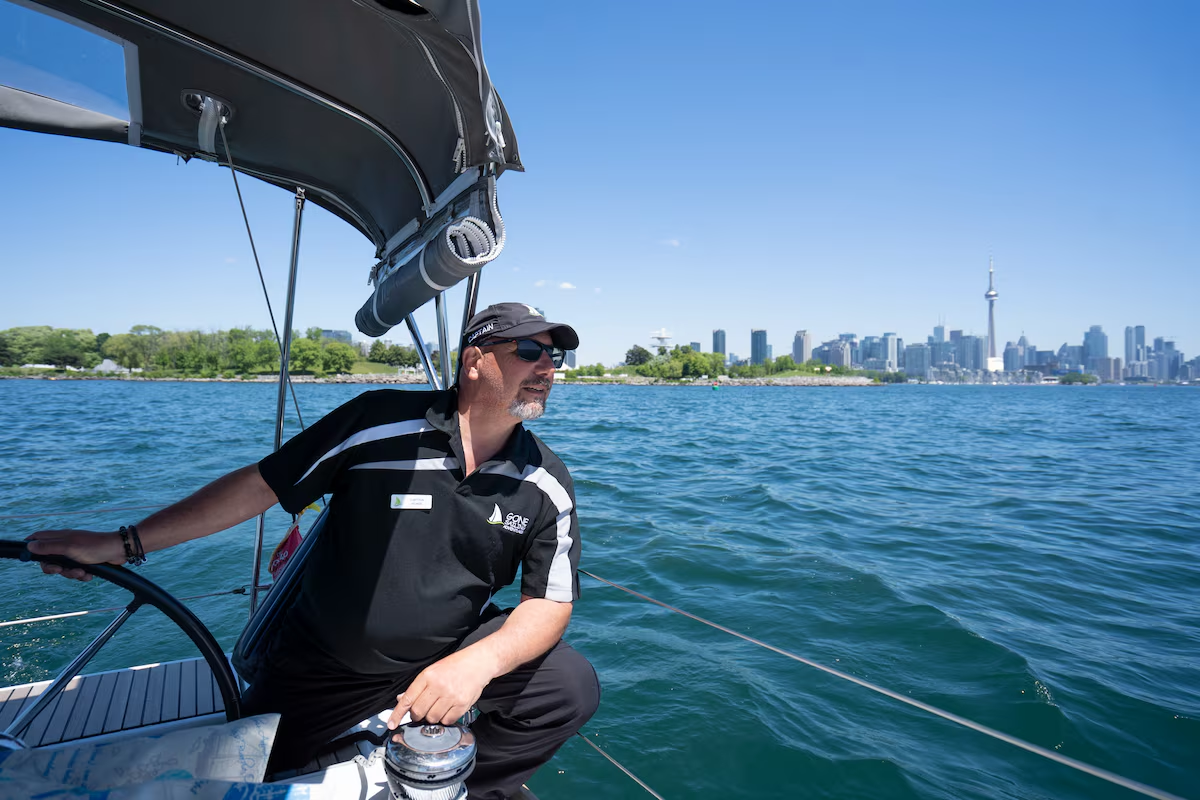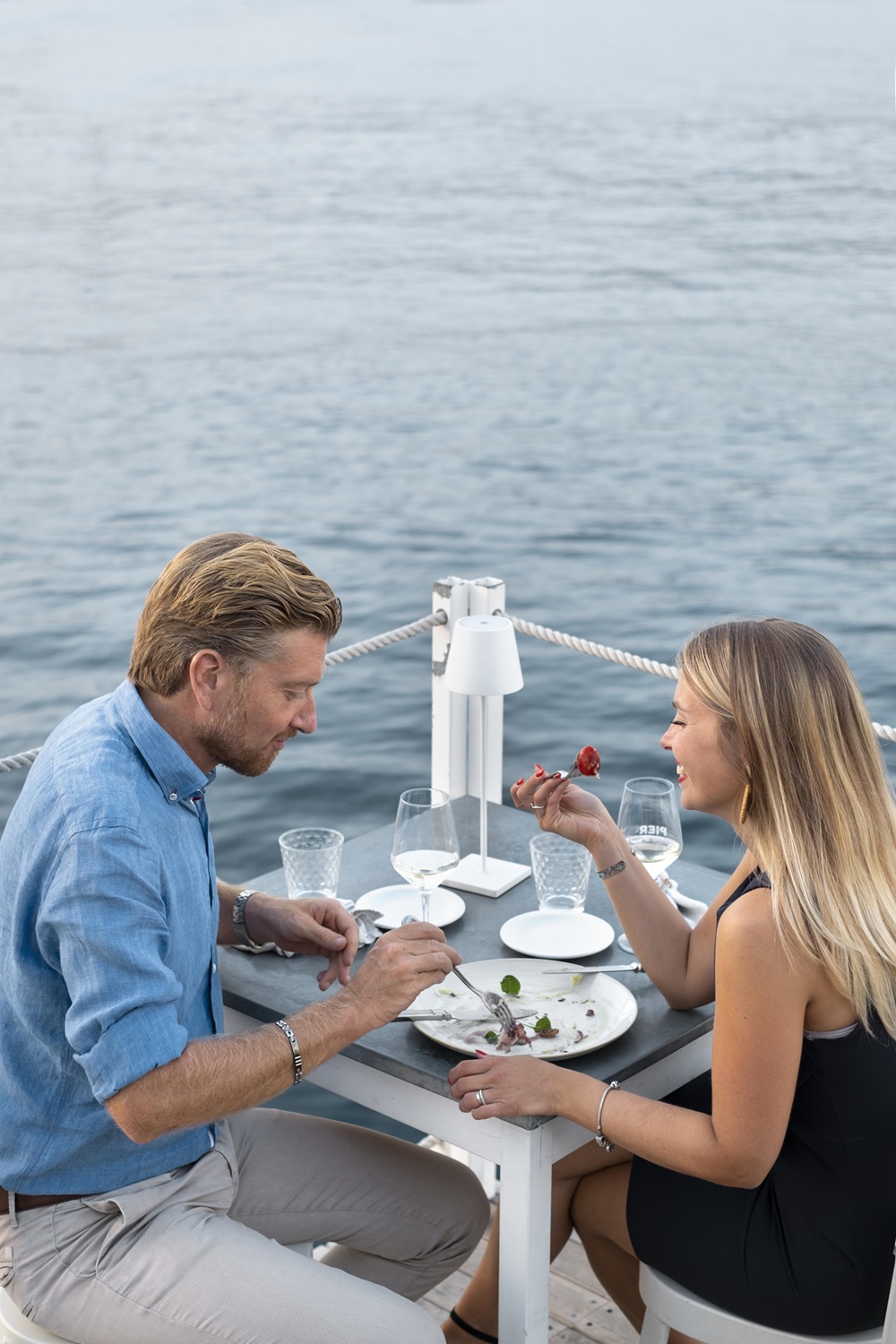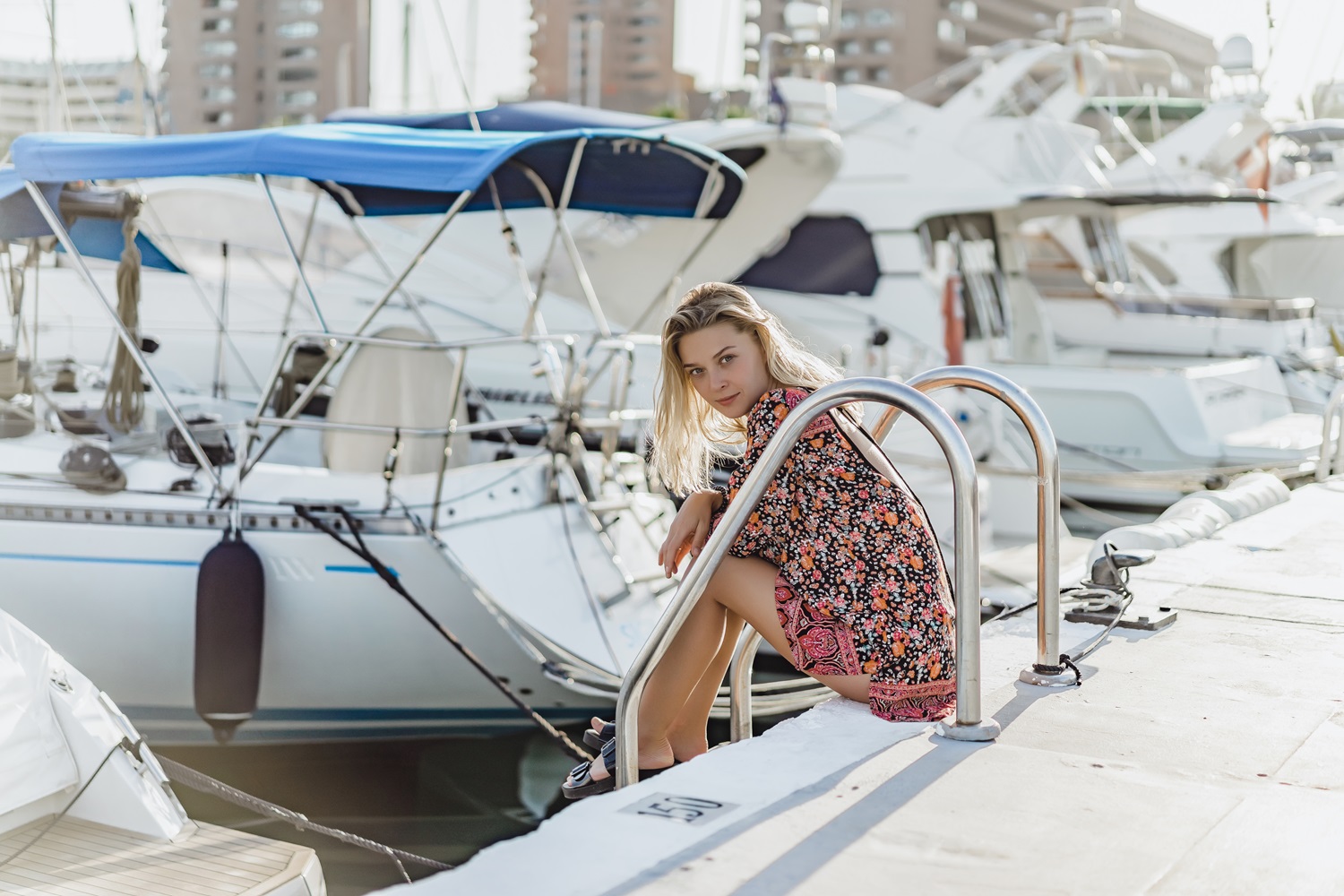
The maritime world is a maze of different kinds of vessels, but none are as closely associated with luxury and leisure as yachts. While the term “boat” is often used as a catch-all, “yacht” signifies a certain level of luxury and sophistication. So, what exactly differentiates a yacht from a boat? This comprehensive guide’ll delve into the various elements that characterize yachts, including their dimensions, types, designs, and classifications.
The boundary between a boat and a yacht isn’t always straightforward. However, there are some key features that make yachts unique. Typically, a yacht is a sea-going vessel used for recreational or leisure activities, such as pleasure cruising, socializing, aquatic sports, or angling. Unlike ordinary boats, yachts are generally spacious enough to include amenities like sleeping cabins, a galley, and a restroom. They also require more advanced means of propulsion, often relying on robust engines or sails.
Sail-powered yachts epitomize the essence of traditional maritime travel. Driven by wind and sails, these yachts offer an eco-conscious and tranquil way to traverse the ocean. Whether you’re a seasoned mariner or a novice, sail-powered yachts offer a genuine nautical experience. If you’re interested in mastering the art of sailing, you can even charter one of these yachts to sharpen your skills.
For those who favor contemporary luxuries and speed, engine-powered yachts are the perfect choice. Outfitted with potent engines, these yachts allow quicker cruising speeds and a broad array of conveniences. If you’re considering chartering a yacht for a day filled with aquatic activities or to voyage in elegance, an engine-powered yacht is an excellent choice.
Built for adrenaline enthusiasts, athletic yachts are designed for speed and agility. They are perfect for water sports, angling, and rapid cruising. These yachts often feature aerodynamic designs, potent engines, and cutting-edge navigation technology. If you’re contemplating chartering a yacht for an exhilarating day on the water, an athletic yacht is your best bet.
Twin-hulled yachts, or catamarans, are gaining popularity due to their dual hulls, which offer enhanced stability and room. These yachts are often constructed from fiberglass and are perfect for shallow waters, making them ideal for island expeditions or underwater exploration.
Hybrid yachts offer a unique combination of traditional and modern maritime travel. Featuring both sails and engines, these yachts provide a versatile seafaring experience that appeals to a diverse range of boaters.
Ultra-luxury yachts are the zenith of maritime opulence, usually measuring a minimum of 24 meters (78 feet) in length. These floating estates often come equipped with cutting-edge amenities, such as private theaters, fitness centers, swimming pools, and even helicopter landing pads.
Colossal yachts elevate luxury to another dimension, often surpassing 80 meters (260 feet) in length. These gigantic vessels can host large gatherings and come with extravagant features like multiple dining halls, saunas, and even submersibles.
Vintage motor yachts offer a trip down memory lane, often being constructed between the 1920s and 1970s. They are perfect for those who appreciate the allure and craftsmanship of a bygone era.
Panoramic yachts are known for their expansive decks and panoramic vistas, making them ideal for picturesque coastal journeys. These yachts offer a unique blend of comfort and practicality.
Elevated deck yachts feature a raised open deck above the main helm, providing additional living and entertainment space. They often come with a secondary set of navigation controls, making them versatile and user-friendly.
Built for long-haul travel and exploration, adventure yachts are outfitted with advanced navigational systems and amenities. They are designed to reach far-flung locations, offering a unique blend of adventure and luxury.
The realm of yachts is as diverse as it is lavish. From the classic charm of sail-powered yachts to the modern comforts of engine-powered yachts, there’s a yacht for every kind of seafarer. Understanding the different types, dimensions, and styles of yachts can significantly enhance your maritime experience, whether you’re planning to charter a yacht for a luxurious holiday or you’re interested in twin-hulled sailing. So, the next time you’re pondering over sailing or considering chartering a yacht, you’ll be well-prepared to make an educated decision.




If you have any questions or need assistance, please don't hesitate to contact us:
WhatsApp us
When considering chartering a yacht in Canada, we know you have many options. Some of these options look super exciting and at ridiculously great prices. Recent trends in the industry have opened the door for many unqualified individuals to purchase boats and offer charter services to the unsuspecting public. It’s easy to create a website and even easier to just list a boat on sites such as Facebook Marketplace, Kijiji, Getmyboat, Boat Setter and many others.
Unfortunately, many of these operators are NOT licensed, insured or qualified to accept your trust on the water.
In order to be licensed and insured a number of items MUST be in place. Listed are just a few.
Over the last few years there have been a number of deaths and even more accidents resulting from these types of operators. Be safe and know who you are getting on a boat with. All licensed operators should willingly display their credentials, and most are members of the Passenger & Commercial Vessel Association (PCVA).